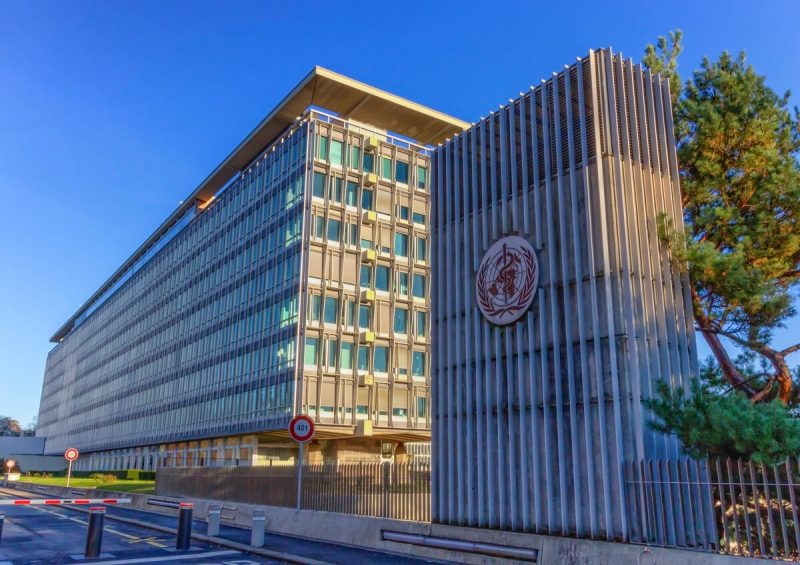The World Health Organisation’s (WHO) Assistant Director-General for Emergencies, Dr Ibrahima Soce Fall, says countries need to work more together to stop the rapidly spreading outbreak of Monkeypox, “no matter the nationality, skin colour or religion of the affected population”.
“We have been working on Monkeypox in Africa for several years, but nobody was interested.
“What is unfortunately called a ‘neglected tropical diseases.’ We worked a lot on that with very few resources and only when the northern countries became affected by this disease the world reacted. It was the same with the Zika virus and we have to stop this discrimination.”
On July 23, the WHO declared the spread of the virus to be a public health emergency of international concern – the organisation’s highest level of alert. Through this, WHO aims to enhance coordination, cooperation of countries and all stakeholders, as well as global solidarity.
According to Dr Fall, “the world must be involved to protect these populations, no matter their nationality, their skin colour, or their religion, etc. I think it is extremely important and now that more than 70 countries are affected in the world, everyone is getting active”.
Until this year, the virus which causes Monkeypox rarely spread outside Africa where it is endemic. But reports of a handful of cases in Britain in early May signalled that the outbreak had moved into Europe.
“It is important, and we have already been doing so, to accelerate the research and development agenda on Monkeypox so that the most affected African countries can have the resources to prevent and fight against Monkeypox,” said Dr Fall.
A vaccine was approved in 2019 for the prevention of Monkeypox, however availability remains limited at the moment.
“We have had many cases in the Democratic Republic of Congo, Nigeria, Central African Republic, Cameroon, and some sporadic cases in countries such as Ghana, Benin, etcetera,” Dr Fall said.
“I think it is time that the world invests so that these populations that are living in rural areas and in forest areas, can be protected.
” . . . If we only treat what is happening in Europe and America, we will only treat the symptoms of Monkeypox, but not the real disease. It is important that the world gets mobilised to this kind of disease.”








